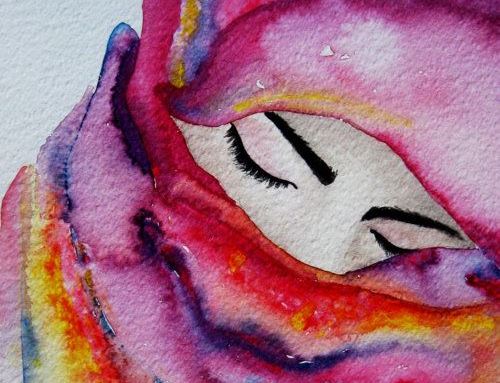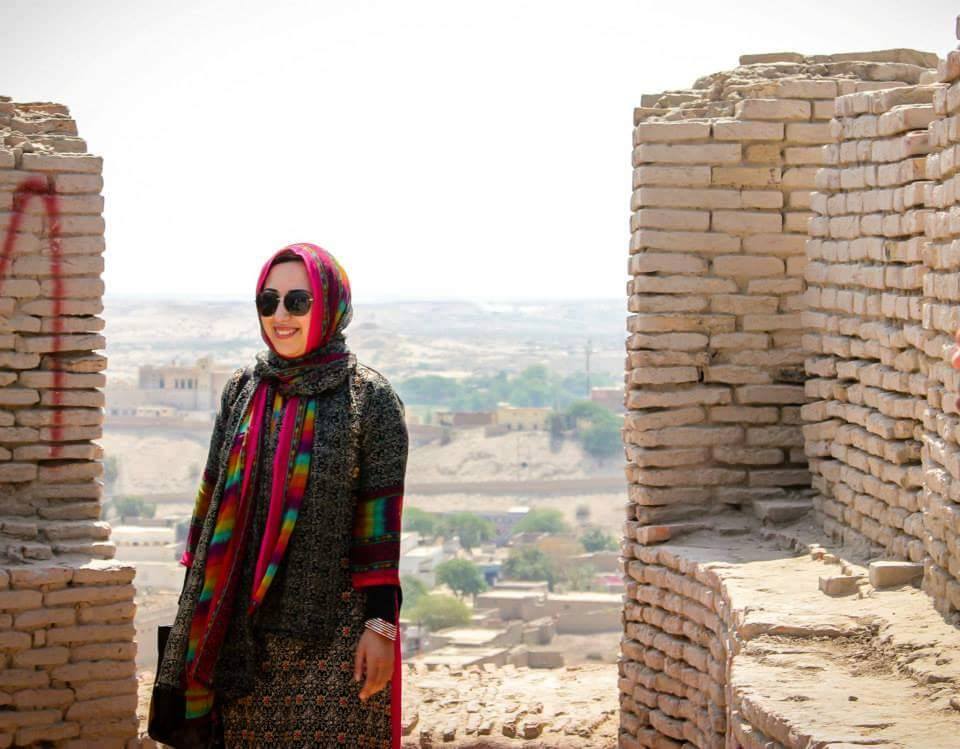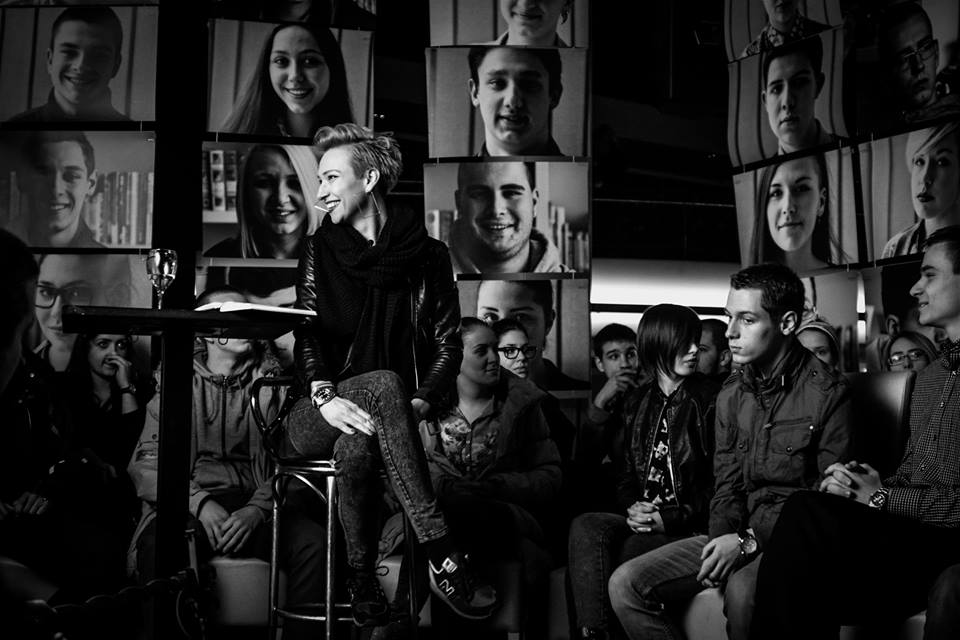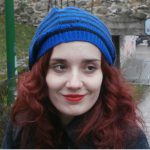
By setting double standards and speaking about quasi-democracy and human rights while rejecting everything that is different, Bosnian society is becoming increasingly intolerant.
The media sow powerful seeds that contribute to the growth of prejudice and hate speech. Lately, we’ve been witnessing ever-growing Islamophobia as a result of terrifying terrorist attacks, which are automatically linked to Islam. The public, uninformed and blinded, easily falls under this influence.
Our Bosnian-Herzegovinian society is rich in cultural, ethnic, and religious diversity, but we often do not view this as an advantage, but rather as fertile ground for widening the gap between us, which allows the political minority to rule.
A recent decision by the High Judicial and Prosecutorial Council (VSTV) forbidding people to wear “religious symbols” inside the Court has greatly affected hijab wearers and resulted in a peaceful walk with the motto: “Hijab: my right, my choice, my life”. That, in turn, has sparked numerous lengthy discussions on social media and news portals. However, little has been said about the importance of individual stories and the very experience of wearing the hijab for those women.
Amela Karkelja from Sarajevo is 26 years old, has a Master’s degree in psychology, and wears the hijab. She says that, since she started wearing it, she’s become more self-confident, calmer, more peaceful, and happier.
“When I decided to wear a hijab and to, how can I say, put on my crown, I never dreamed that a piece of cloth on my head was going to change my life so much, or that it would do me so much good. I will never, not even for a second, envy women who live without it,” says Karkelja.
She says that she has received the occasional look of disapproval, but thinks that if you smile and start a conversation, no one will run away from you.
“Our religion does not allow us to be harsh or unaccommodating,” Karkelja says.
On another continent, Soumiya Noor Bouchikchi, a 29-year-old professor of computer science from Morocco, decided to wear a hijab in 2002 when she was around 16 years old. The reactions of the people around her were quite unexpected.
“When I made my decision to start wearing the hijab, and when I got to the point where I felt naked without it, my family’s reaction was completely strange. They were against it and said it was old-fashioned, that I wouldn’t find a good job or a husband if I wore it. My uncle didn’t speak to me for a long time, and he called me an extremist – I didn’t even know what that word meant back then,” Soumiya says.
After that, Soumiya faced many instances of discrimination. She was not allowed to speak about her field of work in front of a foreign delegation and she was rejected from participating in several conferences. Additionally, she is often harassed at airports.
“Every time I’m traveling somewhere, I’m inspected several times at the airport. I have to pass through the scanner, the female security personnel take off my hijab, open it, and check whether I’m hiding something in my hair,” explains Soumiya.
In spite of this, Soumiya is a fighter. She travels a lot, speaks several foreign languages, and is writing her doctoral thesis on renewable energy. She did an internship in Germany where she faced the negative first impressions she seemed to leave on people. She never gives up on her fight to change those stereotypes, because she knows that the majority of the information that people know about Muslims and hijabs comes from the media.
“I’ve explained that women in my country can be mothers, nurses, teachers, engineers. A woman wears the hijab as a personal choice, not as an obligation. We ponder, we think, we lead, we teach, and we are important agents of change,” says Soumiya.

It was important to find out about the opinions of young people in Bosnia and Herzegovina and to explore the connections between Islam and terrorism.
Dalibor Kraisnikovic, an 18-year-old student of the Economics High School in Bijeljina, said: “In my opinion, one needs to make a clear distinction between traditional and radical Islam. It is well-known what is normal and what is not, what can be advocated for and what must not be supported. It is absurd to blame all Muslims around the world for those tragic events, because true Islam does not advocate violence.”
When asked about the recent VTSV decision in Bosnia, Dalibor explained that he feels that the decision was not intentionally Islamophobic, but was, rather, a result of the process of the country’s secularization. However, he is fully aware that Muslim women are the ones most affected by the decision.
“I have mixed feelings on the matter. On the one hand, the Qur’an requires women to wear the hijab, and, on the other hand, we strive to be part of the modern European world, which advocates a secular state free of religious symbols in state institutions. My views for and against balance the scale, and neither pan outweighs the other,” says Dalibor.
Monika Mijic, a 26-year-old psychologist feels that people should not take offense to the wearing religious symbols.
“I am not sure about all the reasons why, but I think women are wearing hijabs to shield themselves from inappropriate glances, to stay pure, and to preserve their uniqueness, which brings them closer to God. If it is for religious reasons, I think it is justified. Everyone should be able to wear whatever they want to. I don’t understand why anyone would be bothered or offended by it?! A true believer respects others, regardless of their religion, nationality or ethnicity!” Mijic states.
The current state of ethnic and religious diversity among young people can be seen through the popular broadcast “Perspective”, which has caused a big stir in the country and the region. We had the chance to speak with Mirela Remi Priselac, lead singer of the band Elemental, who has moderated several episodes of the show.
“Every time I return home from filming Perspective, many thoughts run through my head because I am surprised, and sometimes shocked, by how young people think. But, even when I see narrow-mindedness in them, I don’t want to throw blame at them. They are ventriloquist puppets of their parents and grandparents, and of the people who help them to form their opinions, and perhaps do so too much,” says Priselac.

Priselac feels that we need to fight for a social and political environment in which the “others” will be able to express their views, and in which they will be valued and respected.
“Without diversity, we will be reduced to a mass of faceless yes men who nod their heads because someone else wants them to. As for the Balkans, it is not easy to be different here – whether you’re a different religion, skin color, sexual orientation, or, to trivialize, when you simply like music that is different from what the majority listens to. But this is exactly what we need to work on – as citizens (I am referring to the issue of civil liberties!), but also as people,” concludes Priselac.






